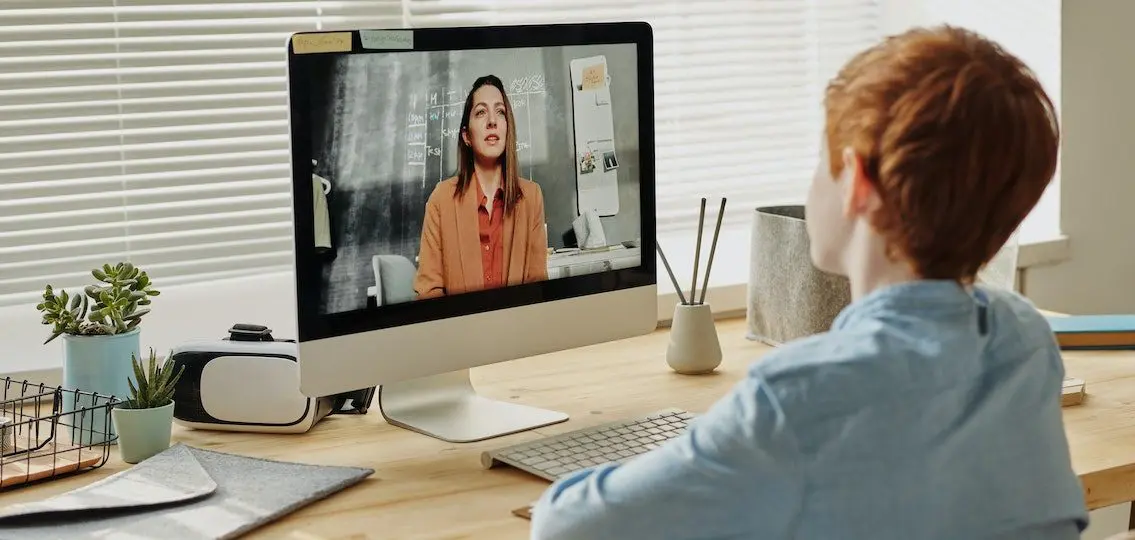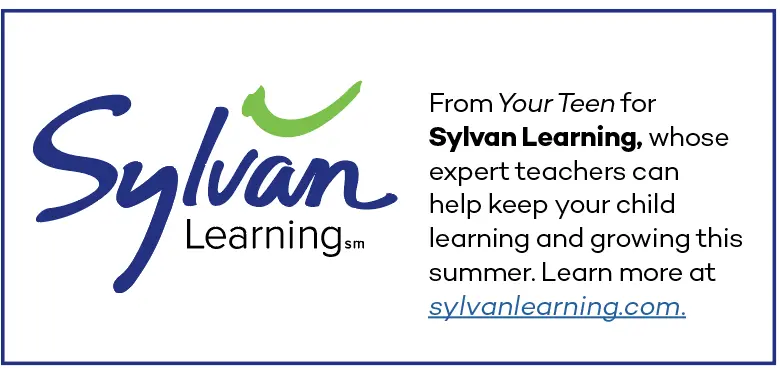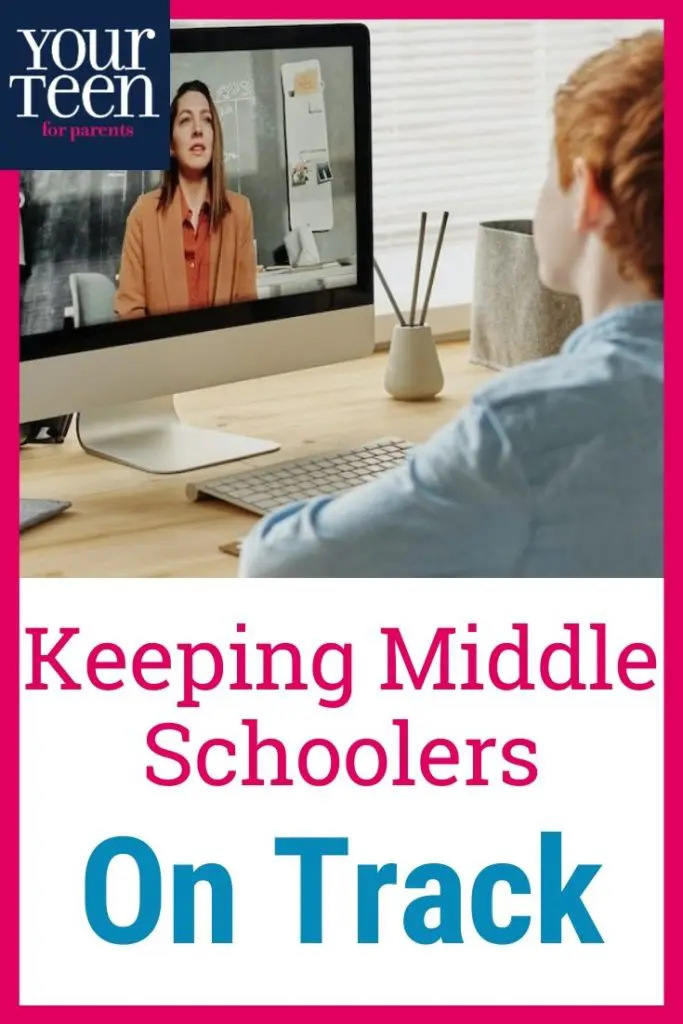Emily Levitt is the VP of Learning at Sylvan Learning, which provides academic support for students. She shared her expertise about how to keep middle school students on track and when to consider outsourcing some of the responsibilities for schooling.
| [adrotate banner=”169″] |
Q: Usually we worry about what learning students lose during the summer. How have the last few months impacted that conversation?
Levitt: There is the summer slide when we have all that time in the summer but we also have the COVID slide, so now we’ve got one giant slide.
Q: What can parents do to motivate kids who do not want to do online learning?
Levitt: Build in time for a lot of breaks. Pay attention for early signs of burnout. There are only so many hours a day you can sit in front of a computer. The goal is for kids to pace themselves so they don’t get overwhelmed. We have to take every day in bite-sized pieces.
| [adrotate banner=”154″] |
Q: How can parents help with that?
Levitt: Middle school kids are just getting assignments but they need to set up the structure for their day. It’s a perfect time to work with your kid to figure out a good meaningful schedule. The switch from elementary school to middle school leaves them in the lurch because they’re expected to be more organizes and handle time management more independently than in the past. In normal times, this transition is tricky but in these extraordinary circumstances, our kids will need more support.
Q: How can we create an environment for kids to stay focused?
Levitt: Have a dedicated place for schooling. Make sure it’s free from as many distractions as possible, which can be tricky depending on how many people are in the home. Have all the materials and wifi access available so when they sit down, they can focus on what they should be doing.
Q: What’s a reasonable amount of time for them to be sitting?
Levitt: After an hour, have them get up and move around. More than that amount of time in front of a screen fosters burnout. I think we forget that kids are at school 6, 7, or 8 hours a day, but they’re not sitting at a desk working all day. They have a lot of breaks and variety.
Q: Are Middle school kids able to articulate what they need?
Levitt: Don’t let them be the sole person responsible for making the schedule, but they’re certainly old enough to work with you to come up with something that feels good for both of you. They should definitely have input. That will get their buy in.
 Q: What should the relationship between the parent and school look like?
Q: What should the relationship between the parent and school look like?
Levitt: Stay in contact as much as possible. If your kid is really stuck, ask the teacher. They can come up with really good strategies or alternatives if child isn’t going along with the original game plan.
Q: If we don’t want to duke it out with our kid to do online school, what else can we have them do?
Levitt: Reading is always valuable. Reading anything. The more you do, the better you get. The same is true with writing. With nicer weather, have them get outdoors. There is so much to do. It’s a great place for science lessons or they can go read under a tree. Give them choices. Maybe offer them four learning options. I call it limited freedom.
There used to be time to be more creative and do things like take a walk and look for birds. The silver lining here is we can really slow down and go outside and look around in the backyard.
Q: Do you have a favorite assignment?
Levitt: I’m a language arts teacher and I always had my students invent a theme restaurant. They used descriptive language for the name and then had to create each of the menu items. I also made it multi-disciplinary and they drew the menu and all sorts of things. It took about a week.
Q: Is there ever a moment to outsource responsibility for my kid’s schooling?
Levittt: There are lots of great times to outsource. There is a different dynamic between a parent and a child than there is between a teacher and a child. That dynamic doesn’t always lend itself to learning. If frustration is building at home and there are lots of battles, call in reinforcement. Another time when you want to get support is if you suspect your child was behind before COVID closures. Now is the perfect time to get them caught up. Since not a whole lot of new learning is happening, they’ll be able to get caught up and it will put them in a great place for when school starts up.
My kids go to Sylvan twice a week. I’m not comfortable with math, and I have one who is behind. They have been able to continue making progress throughout this whole time.
Q: What type of relationship should parents have with the tutor?
Levitt: You want to get to know the tutor but there is no need to hover. You don’t need to sit next to your middle-school aged child while they’re working with the tutor. There is also no need to reach out after every session, but I would check in every few weeks to make sure they’re on the right pace and that everything is going according to plan.
Q: Is doing some kind of learning assessment a good idea?
Levitt: Always. It’s a way to level-set before you start tutoring or instruction at home. You can say “Where are we?” and that starting point is essential to what you do next.
Q: For those parents who are frustrated and suffering, what can you tell them?
Levitt: When our centers are open, every director keeps a box of tissues in their office because when families come to us they are stressed and worried. They want what’s best for their children. We offer the same reassurance to parents now: “We know what we’re doing. We can figure it out what the obstacles are. Hand your worries to us. We’ve got it.”







